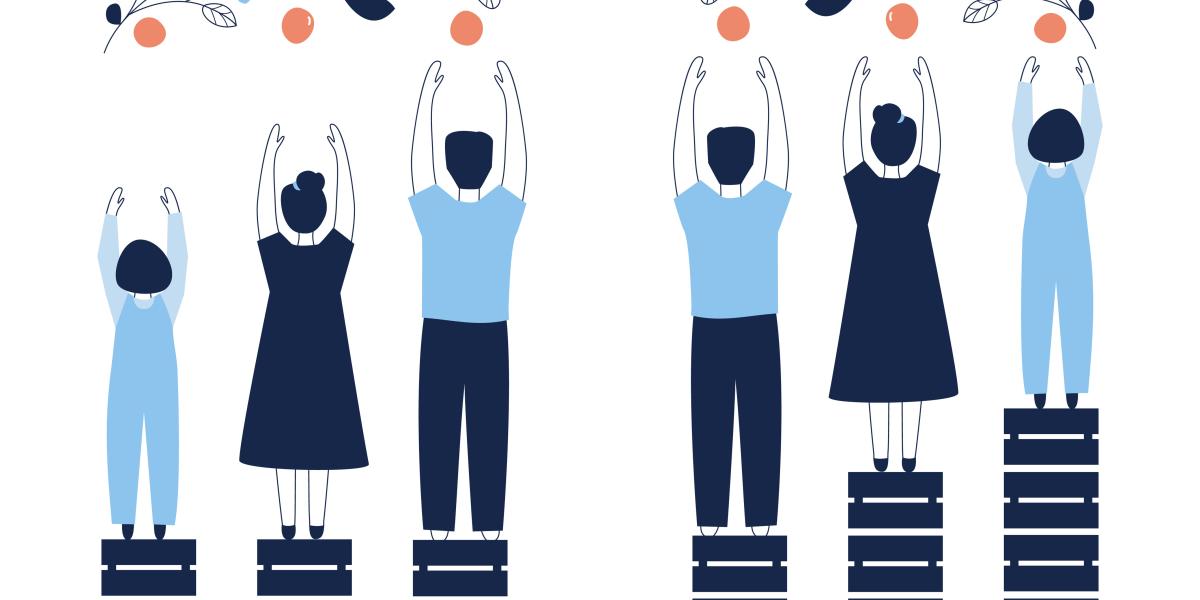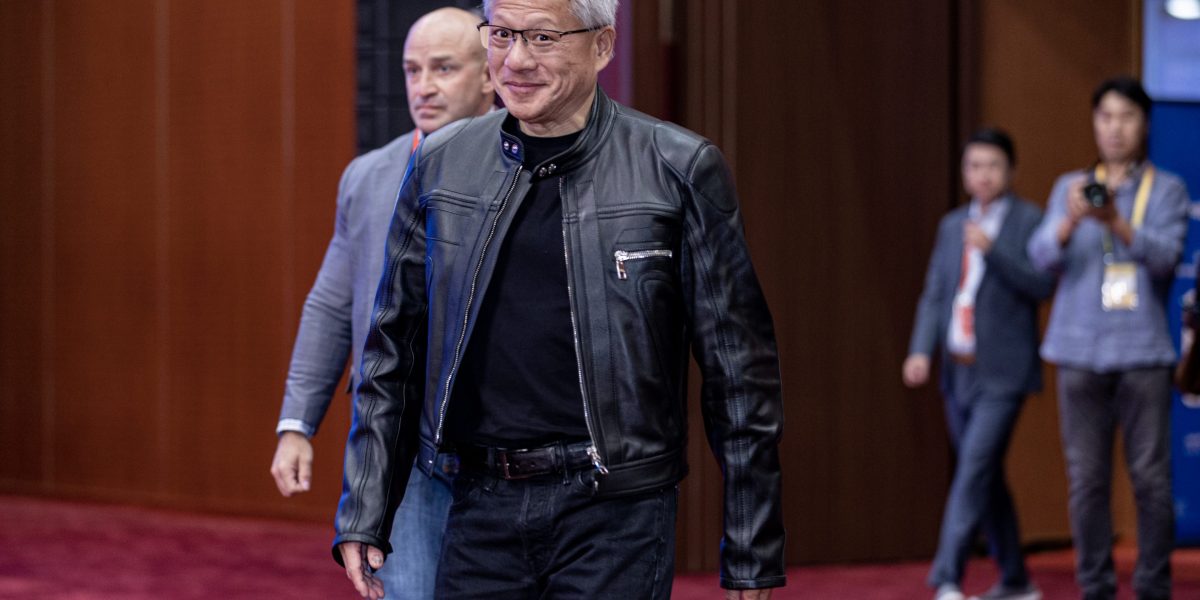In his book, Intellectuals and Race, the great economist Thomas Sowell excoriates intellectuals for their role in promoting statist social engineering schemes. Sowell defined “intellectuals” as “a particular occupation—namely, people whose work begins and ends with ideas. It is an occupational designation, rather than an honorific title, and implies nothing about the mental level of those in that occupation.” They may or may not be smart, but their occupation involves peddling ideas to justify state interventions. Murray Rothbard describes these meddling intellectuals as “court intellectuals.” As David Gordon observes, “It’s well known that Murray Rothbard thinks that intellectuals play a crucial role in getting the public to accept the state.”
Peddlers of statist ideas are able to influence public debate to a great extent through the media and education system. Sowell notes that “the tendencies, preconceptions and conclusions of the intelligentsia spread through the media and educational institutions from the schools to the universities.” He credits these intellectuals with spreading the nostrums of what he calls “make-believe equality”:
Many people who advocate what they think of as equality promote what is in fact make-believe “equality.” In economic terms, taking what others have produced and giving it to those who have not produced as much (or at all, in some cases) is make-believe equality.
Make-believe equality is sometimes referred to as “equity” or “substantive equality.” Its supporters believe that equality is not “real” unless people are made equal through various state interventions. It is ironic that the make-believe equality produced by artificially equalizing selected group outcomes is described by its supporters as “real equality”—the only type of equality which they consider “real” is that artificially constructed by the state. In his book, The Quest for Cosmic Justice, Sowell argues that this make-believe equality aspires to a vision of universal and timeless justice which is unattainable, costly, and ultimately harmful.
One harmful effect of make-believe equality Sowell identifies is that it provokes hostility and resentment among different groups. Envy becomes the overarching social and political ideology. As he explains, “Ideological crusades in the name of equality promote envy, the principal victims of which are those doing the envying.” In his view, the phrase “social justice” is merely the “more high-toned alias” of envy, and functions as a mask for constantly making unwholesome comparisons between different groups.
These comparisons drive the endless attempts by “disadvantaged” groups to gain at the expense of “advantaged” groups. Everything devolves into a comparison between their respective outcomes. Crime reports frequently spark comparisons between black and white offenders, even when the cases have nothing in common—that does not seem to matter to those who see life as nothing but a constant “competition” between racial groups. An example is seen in the debates over sentencing guidelines in the United Kingdom, which were criticized for advising courts to take into account the race of the offender during sentencing, in order to close the “gap” between black and white offenders.
The council’s guidance advised courts that they should “normally consider” ordering a pre-sentence report on an offender if they were “an ethnic minority, cultural minority, and/or faith minority community,” transgender, young or female.
The guidelines were withdrawn at the last minute, after public outcry against the “flawed analysis” on which they were based. That analysis focused on sentencing outcomes based on race, noting “a ‘slightly widening gap’ in the proportion of black and white people” receiving jail time. They studied sentencing outcomes without considering the type of offense in question. Given that serious crimes are more likely to end in jail time than minor offenses, the choice to consider only racial outcomes was clearly misguided. As Sowell puts it, racial disparities do not prove discrimination.
Sowell also warns of the destabilizing effects on society when one person’s success is viewed by another as nothing but a source of grievance, resulting in a constant struggle to seize from one to give to the other. In Intellectuals and Race he explains:
No individual or group can be blamed for being born into circumstances (including cultures) that lack the advantages that other people’s circumstances have. But neither can “society” be automatically assumed to be either the cause or the cure for such disparities. Still less can a particular institution whose employment, pricing or lending decisions convey intergroup differences be automatically presumed to be causing those differences.
Make-believe equality schemes also create resentment due to the perceived unfairness of treating “privileged” groups less favorably than “vulnerable” groups in order to equalize them. In his book, Liberalism: the Classical Tradition, Ludwig von Mises warns that, inevitably, new groups will form to secure the “favors” being dished out to other groups. For example, the conferment of special rights for women only leads to other groups demanding special rights for their “gender.” Similarly, conferral of special protection for one religion leads to other religions arguing that they, too, require special protection. Mises warns that, “Whoever denies rights to a part of the population must always be prepared for a united attack by the disenfranchised on the privileged.”
Special favors and social engineering ultimately extinguish liberty because creating make-believe equality always requires coercion. Like Mises, Rothbard is also concerned with the implications for liberty when the state attempts to equalize human outcomes. Rothbard treats the “variety, diversity, differentiation” of human beings as a beautiful and valuable aspect of human nature, rather than as something to be “corrected.” He highlights the importance of “the ineluctable facts of human biology; in particular, the fact that each individual is a unique person, in many ways different from all others.” This explains why Rothbard rejected make-believe equality as a revolt against nature.
























